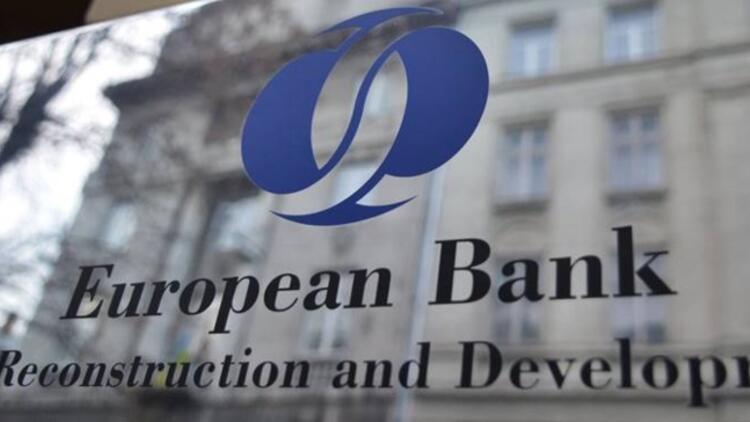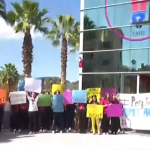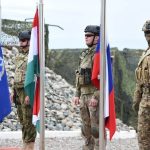(Reuters) – The head of the European Bank for Reconstruction and Development raised some concerns with Turkish authorities over their “outlier” policy of seeking to drive economic growth with low interest rates, she told Reuters on Friday.
Odile Renaud-Basso, president of the EBRD, was in Istanbul after meetings that she called “frank and transparent” with Turkey’s Finance Minister Nureddin Nebati and Sahap Kavcioglu, the central bank governor.Advertisement · Scroll to continue
“I expressed some question marks about the fact that it (the policy) creates inflation, with the high level, and it is not necessarily the best environment for long-term investment,” she said in an interview at the bank’s Turkey headquarters.
Since 2009, the EBRD has invested 16.9 billion euros ($16.5 billion) in hospitals, roads, green projects and other efforts in Turkey, its largest market.
A year ago President Tayyip Erdogan’s government adopted an aggressive and unorthodox policy of monetary stimulus meant to stoke exports and economic growth with the aim of flipping chronic current account deficits to surpluse
While growth has been strong, the central bank’s 700 cumulative basis points in rate cuts since last September sparked a currency crisis in December and sent inflation soaring to a 24-year high of 83% last month.
“It’s quite an outlier strategy,” Renaud-Basso said. “I don.’t know whether it can work or not. But it creates some challenges in anchoring inflation expectations and creating a secure and stable environment.”Advertisement · Scroll to continue
The economic programme, adopted in September last year, risks further lira depreciation and further depletion of forex reserves, leaving the country to find a way to finance its current account, she said.
“This can create a high level of uncertainty,” she added. But authorities “are convinced that their policy is the right one.”
Renaud-Basso added that Turkey’s private sector and its export capacity “is very resilient” and the country benefits as supply chains rebase from China. But it will depend on cooling demand in Europe, the biggest export market, she said.
EBRD is still interested in investing in public-private partnerships (PPPs) in Turkey in the future after several past investments, she said.



